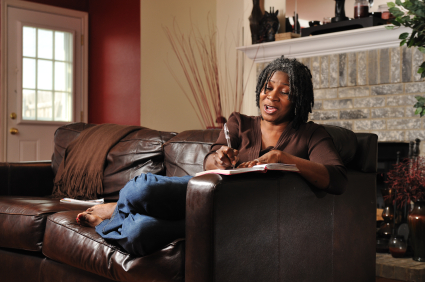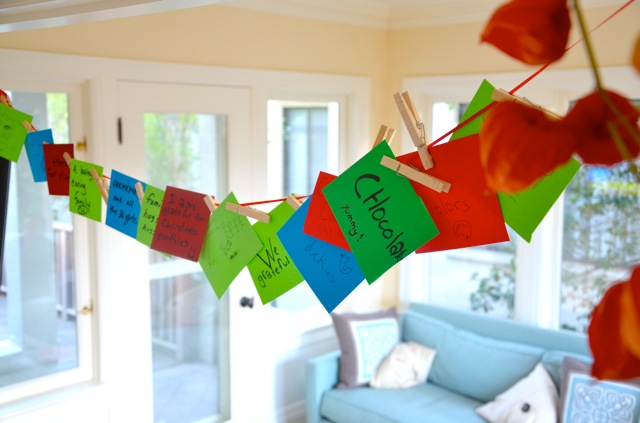Did you make a New Year’s Resolution to counter holiday over-indulgence by cutting calories? (Or cutting out an entire food-group, like carbs?)
 If so, go ahead and quit that diet now, before it makes you miserable.
If so, go ahead and quit that diet now, before it makes you miserable.
I’m not saying you don’t need to lose weight, or that you are perfectly healthy just the way you are. Maybe you aren’t. Many of us stand to become healthier–and even happier–by becoming more fit and less over-weight.
But why start the New Year devoting your energy toward something that in all likelihood won’t get you long-term results? More than that, why do something that puts your children at risk?
First, here’s what I mean by diet. I’ve taken this definition verbatim from Dianne Neumark-Sztainer, a professor of public health at the University of Minnesota:
“Dieting for weight loss: An eating plan that includes rigid rules about what to eat, how much, in what combinations, or at what times, that is usually followed for a specified period, for the purpose of weight loss.”
Here is why you can quit your diet, and feel happy with that choice:
(1) Diets don’t work. Depriving the body of food doesn’t tend to produce long-term weight loss. There is a multi-billion dollar diet industry out there that doesn’t want you to know this, but it is true.
(2) Dieting can make you unhappy, or even depressed. People who diet are at higher risk for depression and anxiety problems, especially when they’ve experienced a depression before.
(3) Parental dieting can be bad for kids. There is a strong association between dieting (particularly extreme diets and calorie counting) and similar behaviors in teens. For example, 72% of girls whose mothers “diet a lot” engage in unhealthy weight control behaviors, such as skipping meals and binge eating.
One landmark study showed that teen dieters tend to experience fatigue, anxiety, loss of interest in life, and mental sluggishness. Another study showed that dieting could predict the onset of depression in teens four years later.
All of this is not to say that we shouldn’t become healthier and more physically fit: we can be physically active, healthy eaters; just not “dieters.”
Take Action: Quit your “diet,” if you’re on one, and make a resolution to eat more healthfully instead. What will that mean for you?
This is an excerpt from my Greater Good blog. Read the full post here.




 Feeling anxious or agitated by how much you need to get done? Don’t let those negative emotions lead you into the downward spiral of a full fight-or-flight response, which is basically like being on a hamster-wheel. You might feel like you are working furiously, but the work is low-quality.
Feeling anxious or agitated by how much you need to get done? Don’t let those negative emotions lead you into the downward spiral of a full fight-or-flight response, which is basically like being on a hamster-wheel. You might feel like you are working furiously, but the work is low-quality.
 If so, go ahead and quit that diet now, before it makes you miserable.
If so, go ahead and quit that diet now, before it makes you miserable.


